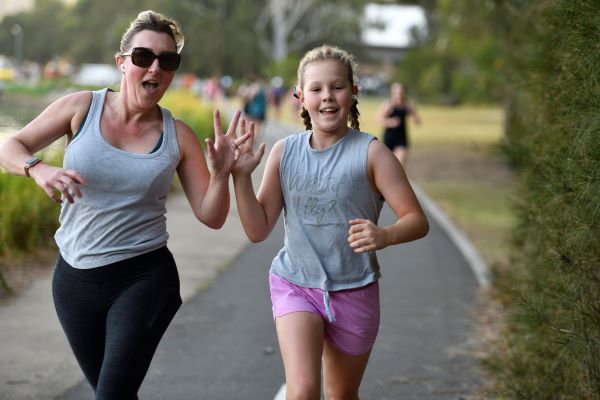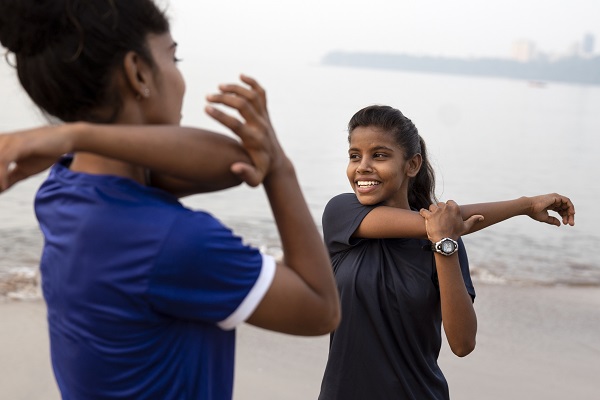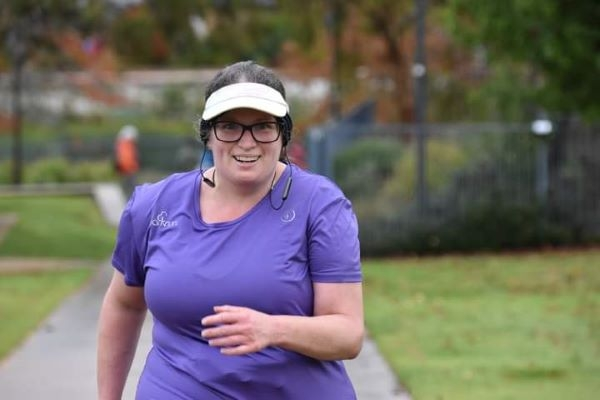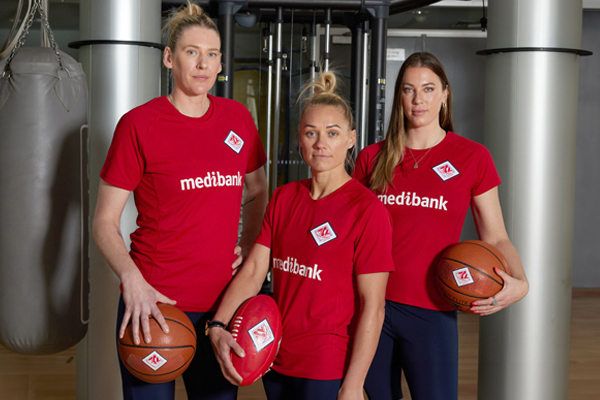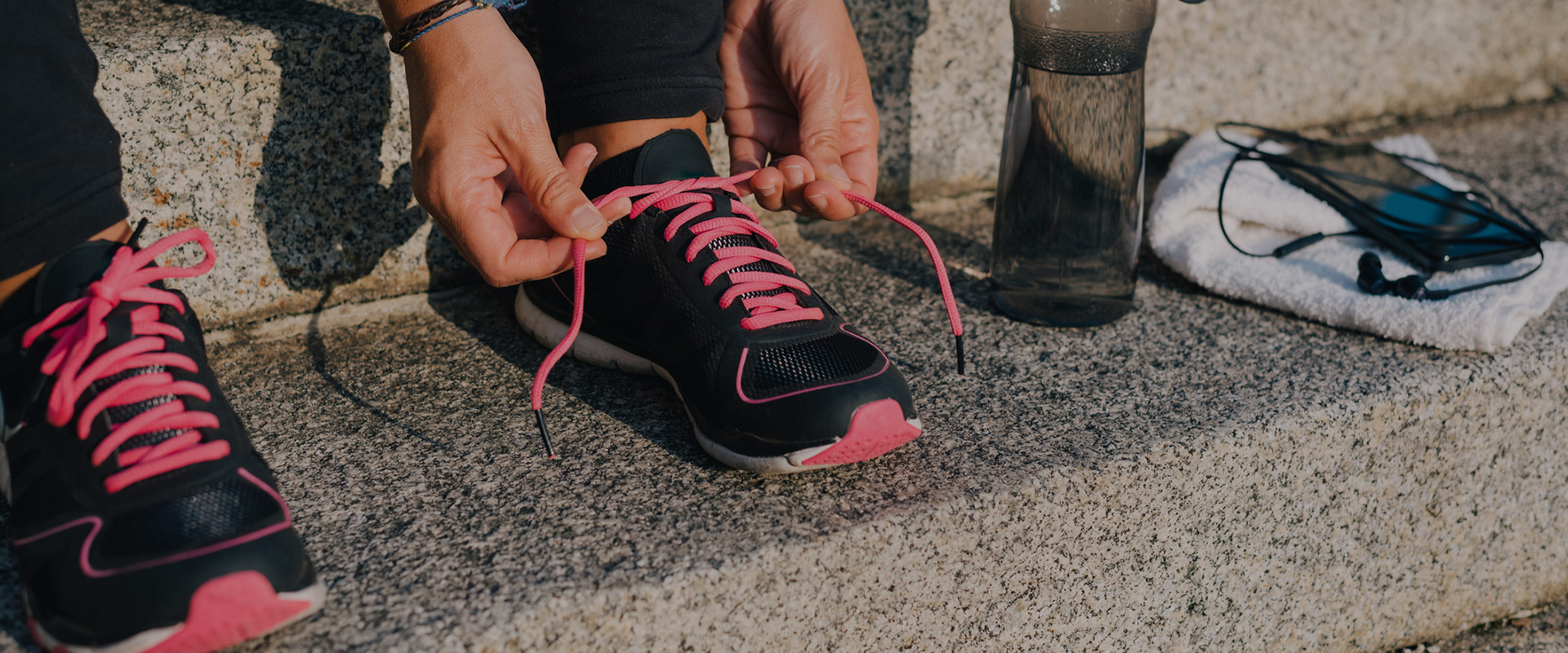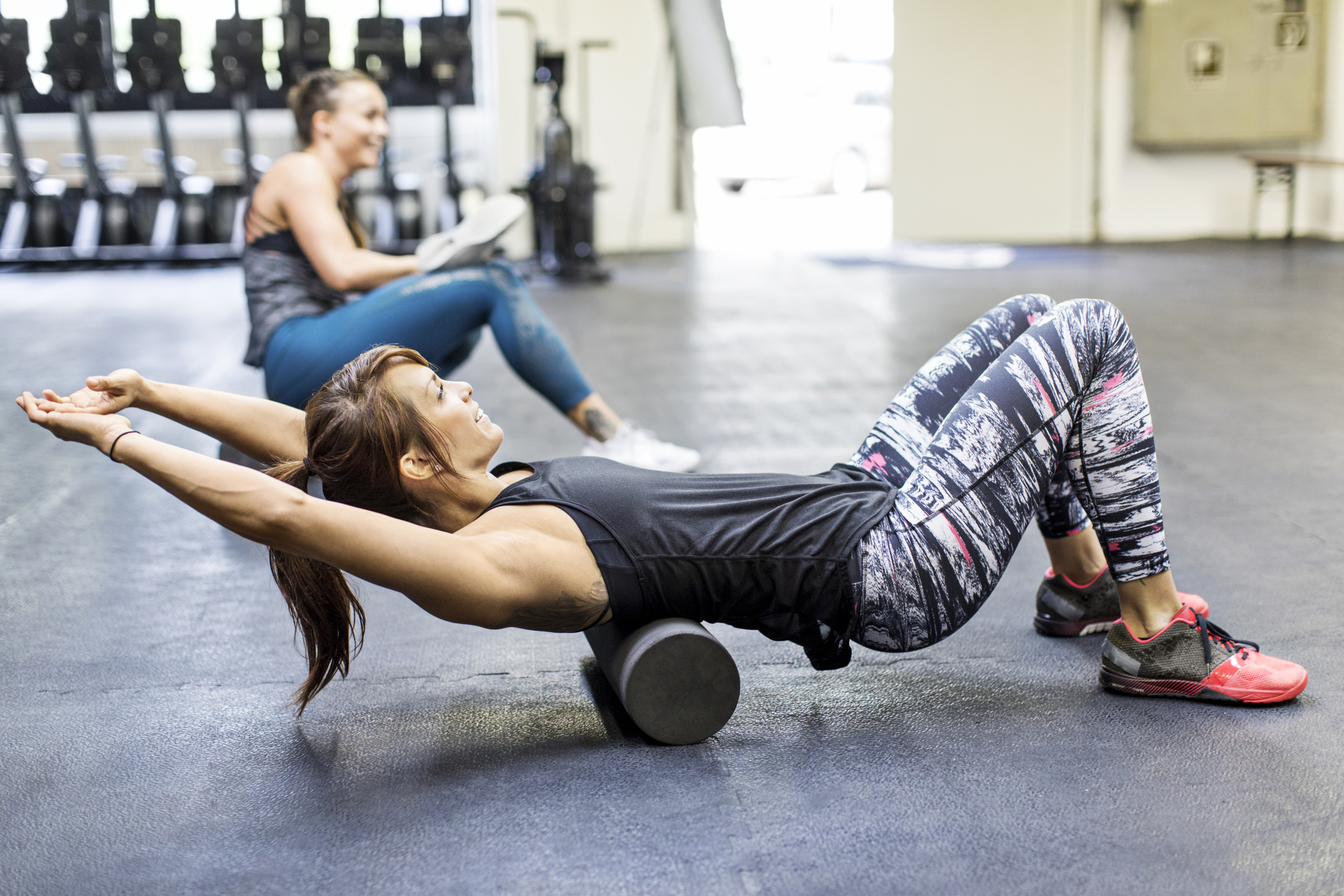-
In 2012, Loretta Curtin and Luke Wright found themselves in a Melbourne high rise, standing in a room full of Price Waterhouse Coopers (PWC) suits, pitching a business idea they’d had at the pub a few months earlier. They didn’t even have an ABN yet.
At the pub, the conversation had been casual. “I mentioned a model I’d seen in London, called Bike Works: a bike repair business that helped disadvantaged people gain skills and find employment,” Curtin explains. “I thought it would do well in Melbourne and Luke said we should look into it. So we reached out to see if anything similar was happening. Everyone we spoke to said it wasn’t, but it should be.”
It was the beginning of Good Cycles: a mobile servicing bike business and retail shop that also runs programs and provides mentoring and jobs for disadvantaged groups and refugees.
Both from social development backgrounds, Curtin and Wright went through intensive research, number crunching and stress before reaching the PWC meeting, but it all started with that convo in Melbourne: a city that seemed made for the project.
“Once we looked at all the statistics around how many people were riding to work in Melbourne, the growth every year, and the investment from local government in biking infrastructure, it seemed like a no brainer,” Curtin says. The positive health and environmental impacts were obvious too. “It ticked all the boxes. People we initially spoke to about Good Cycles responded so positively and Luke, who comes up with lots of ideas, was like, ‘This response isn’t normal. We’re on a winner.’”
So they hit the pavement, and almost immediately struck it lucky. The City of Melbourne had issued a start-up grant aimed at social enterprises. The application required a robust business plan, forcing the duo to create a three-year financial model for their “pie in the sky” idea.
“ONCE WE LOOKED AT ALL THE STATISTICS AROUND HOW MANY PEOPLE WERE RIDING TO WORK IN MELBOURNE, IT SEEMED LIKE A NO BRAINER.”
“That’s when Luke came up with the mobile servicing plan,” Curtin says. “Bike Works didn’t do that, they just had a bike shed, but when we looked at the numbers we saw a static bike shed bringing in a little bit of revenue, but it wasn’t sustainable without a lot of financial support.” The mobile service model became Good Cycles’ point of difference – they come to you. People ride to work, get their bike fixed at the office and ride home again.
At the same time, Wright was peddling the Good Cycles idea to local corporate social responsibility departments and PWC came back positive. A final boost by Intrepid Travel founder Darrell Wade, now the CEO of Peak Adventures, gave the business enough capital to start. “He loved the idea, and asked for three years of financial projections to see if he wanted to invest,” Curtin says. “He came back and said, ‘If you can raise $50,000, I’ll match it.’ So we got the PWC money and the City of Melbourne money, which was $55,000 all up, and Darrell chipped in another $50,000.”
The business opened mid 2013 and now employs 10 paid staff, three of whom were long-term unemployed, or have a disability. Good Cycles has ushered at least 20 young people through their Introduction to Bike Mechanics this year, and has taught around 50 refugees and asylum seekers safe cycling and bike education.
These days, Good Cycles’ main mission is to provide job opportunities to people who experience barriers to employment. “Most of the people we work with are young with significant mental health issues,” Curtin explains. “Bipolar, clinical depression and severe anxiety. We try not to put too much pressure on people at the start. They need to feel comfortable to come in. We have a pre-employment program, which is the Introduction to Bike Mechanics. They just have to turn up one day a week so that they can start to feel involved, and less anxious about where they need to go or being around other people.”
People who have never had a work history or who have experienced long-term unemployment are also a priority. “There are some people with inter-generational unemployment,” Curtin says. “We try to create role models and goals to aspire to; things that maybe no one in their family has ever achieved.”
The programs are working, sometimes better than they thought. “We take abandoned bikes from the city of Melbourne that used to go to landfill,” Curtin explains. “Now they come to us to recycle and restore them.”
While the project has come with its challenges, the impact is visible daily. “Today we have a load of bikes being serviced by bike technicians on one side of the workshop; a bunch of young people doing the Introduction to Bike Mechanics in another; and 20 or so asylum seekers from Iran, Iraq and Afghanistan taking part in a bike-based program out the back,” Wright points out. “There have been so many great moments since we started, but right now seems as good as any.”
Good Cycles
Subscribe to receive the best from Live Better every week. Healthy recipes, exercise tips and activities, offers and promotions – everything to help you eat, move and feel better.
By clicking sign up I understand and agree to Medibank's privacy policy

